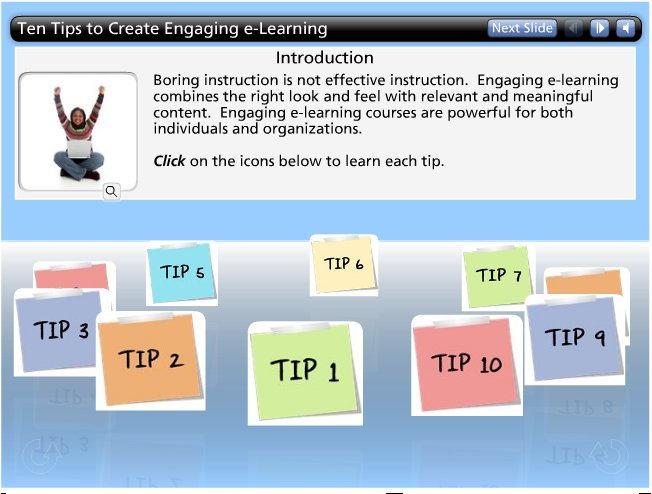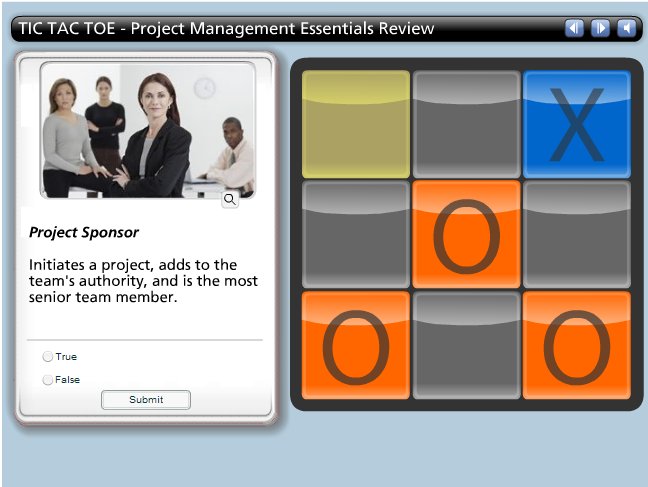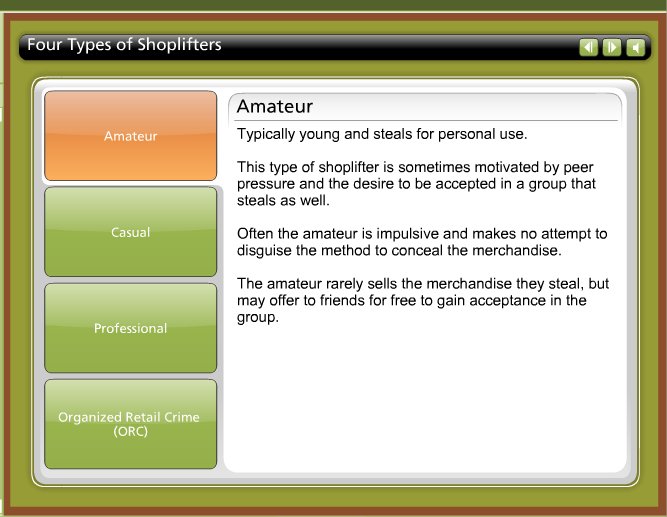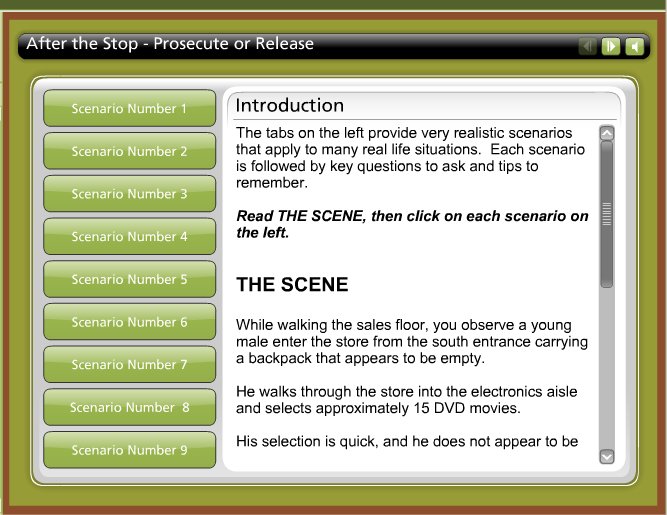KT Learning Management, Inc.
2843 Hopyard Road
Suite 212
Pleasanton, CA 94588
ph: 925.485.7981
kristi
Services
We design, create, and develop learning solutions to meet your needs.
We analyze and select the most appropriate strategy, methodologies, and technologies to maximize the learning experience and impact on organizational development.
You can expect us to deliver:
- Design specifications
- Learning objectives
- Content outlines
- Templates for instructional materials and e-learning courses
- Learning objects
- Storyboards and/or scripts
- e-Learning courses
- Job aids
- Instructor and learner materials
- Evaluation tools
Products and Services
All projects utilize the ADDIE Model to develop effective training and performance support tools.
Analysis Phase
In the analysis phase, the instructional problem is clarified, the instructional goals and objectives are established and the learning environment and learner's existing knowledge and skills are identified.
Design Phase
The design phase deals with learning objectives, assessment instruments, exercises, content, subject matter analysis, lesson planning and media selection. The design phase should be systematic and specific. Systematic means a logical, orderly method of identifying, developing and evaluating a set of planned strategies targeted for attaining the project's goals. Specific means each element of the instructional design plan needs to be executed with attention to details.
Development Phase
The development phase is where the developers create and assemble the content assets that were created in the design phase. Programmers work to develop and/or integrate technologies. Testers perform debugging procedures. The project is reviewed and revised according to any feedback given.
Implementation Phase
During the implementation phase, a procedure for training the facilitators and the learners is developed. The facilitators' training should cover the course curriculum, learning outcomes, method of delivery, and testing procedures.
This is also the phase where the project manager ensures that the books, hands on equipment, tools, software and web access are in place, and that the learning application or Web site is functional.
Evaluation Phase
The evaluation phase consists of two parts: formative and summative. Formative evaluation is present in each stage of the ADDIE process. Summative evaluation consists of tests designed for domain specific criterion-related referenced items and providing opportunities for feedback from the users
We also utilize the following methodologies:
Robert F. Mager: Designing Effective Instruction and Improving Performance to develop learning objectives and instruction.
Donald L. Kirkpatrick: Evaluating Training Programs - The Four Levels to develop course evaluations and evaluate training programs.
Jack L. Phillips: Return On Investment in Training and Performance Improvement Programs to determine return on training investment.
Michael Allen: Creating Successful e-Learning to develop dynamic e-learning modules.
Copyright 2010 KT Learning Management, Inc.. All rights reserved.
2843 Hopyard Road
Suite 212
Pleasanton, CA 94588
ph: 925.485.7981
kristi





